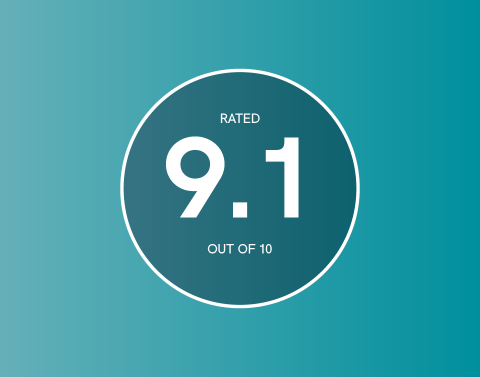There are two schools of thought regarding Brexit. The first is a desire for continuity; a Soft Brexit would mean retaining our membership of the EU single market, echoing models set forth by other non-member countries in Europe. The second follows a desire for a ‘cleaner’ break, whereby the UK would leave the single market and customs union in favour of creating its own global trading policies.
A Hard Brexit has been Theresa May’s preferred route from the beginning, with anything else deemed a subversion of what the UK democratically decided. There are some interesting elements to this option, including autonomy over law-making, more decisive immigration and a firm hand in our own trade deals, but loss of confidence in May after the snap election could affect the likelihood of these terms being straightforward. The PM won’t be able to execute this plan from a position of strength, which could automatically force a softer approach.
A Soft Brexit has already been cited by many as the more politically sensible of the two strategies. On a practical level, it would mean fewer upsets in a time of strife for the country, while on an economic level, it would enable the UK to face less stringent sanctions on the ‘four freedoms’ – free movement of people, goods, services and capital. In turn, there would be less disruption to the pound, and therefore greater stability for investors. To some though, this retention of free movement is a double-edged sword, preventing parliament from introducing stricter laws on border control.



